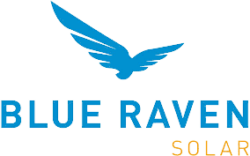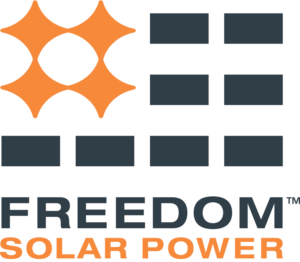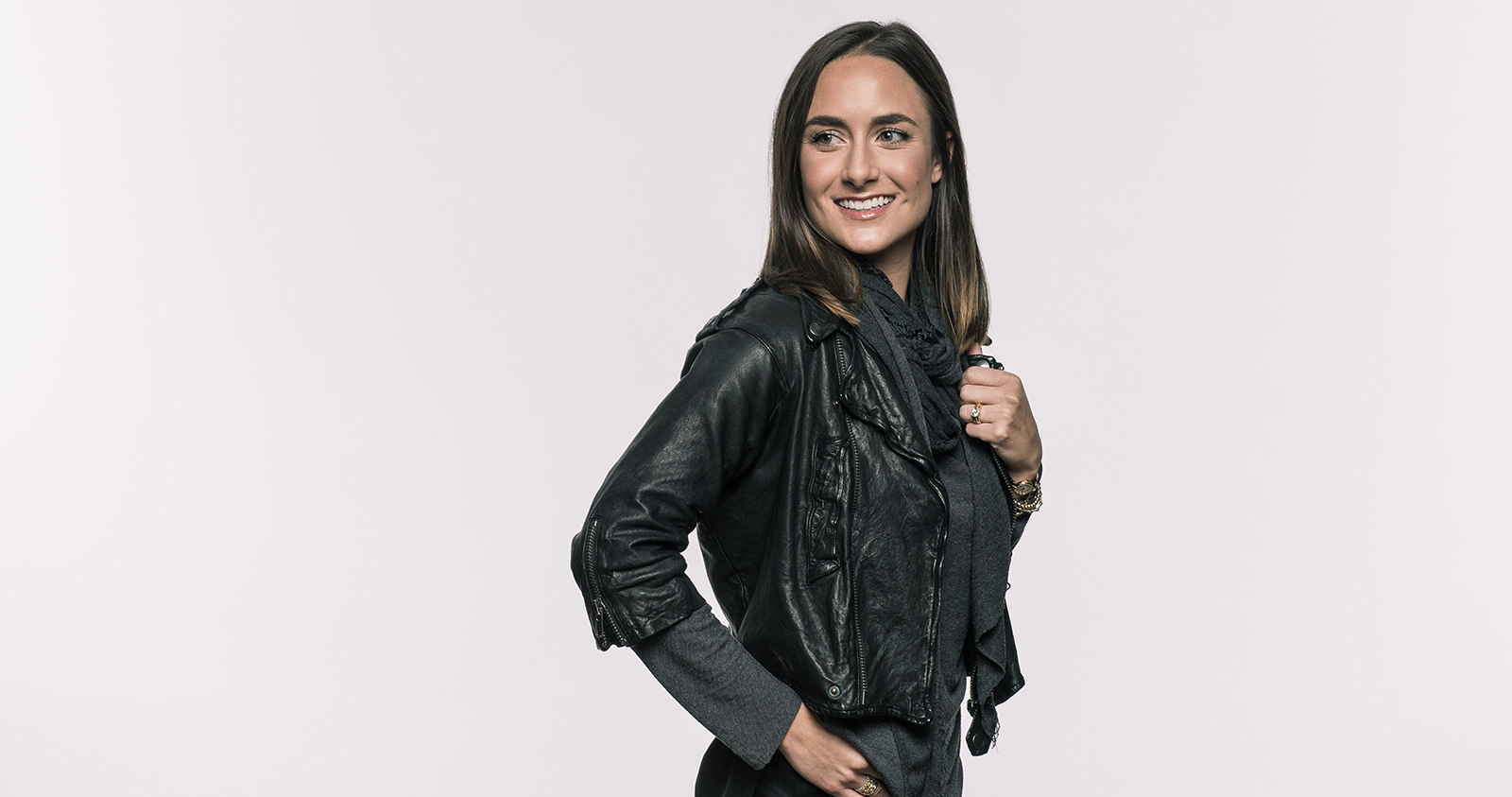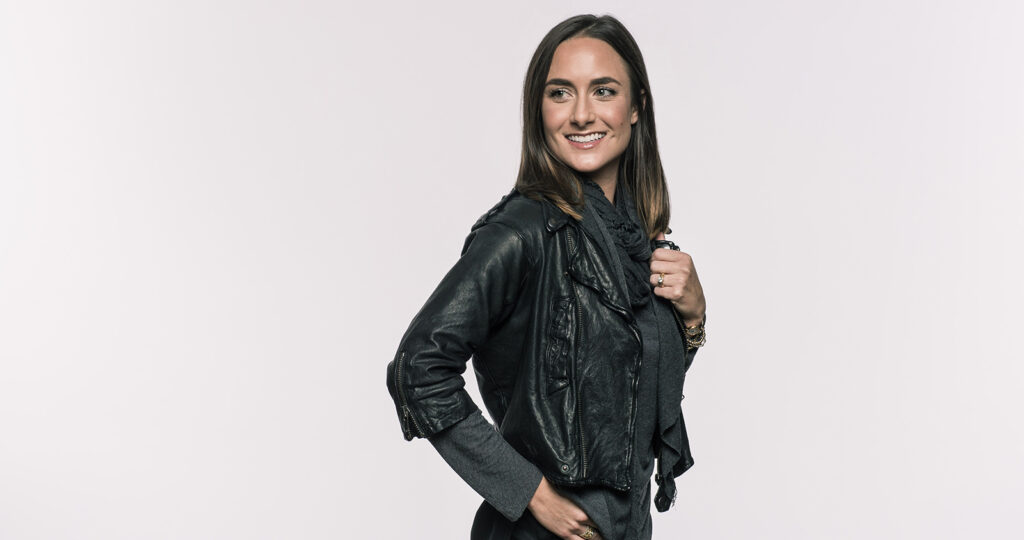If you want and AI are positioned to disrupt the entire workforce.
So, how are you preparing for this change? How are you adapting to the new world?
Specifically, what’s the process for turning your ideas and skillsets into a legitimate business and media enterprise that’ll thrive in the creator economy?
You’ve probably already seen examples of how people have turned their personal brands into seven figure businesses. The good news is that anyone can build a profitable personal brand. You just need a proven process.
In this post, I’m going to walk you through a step-by-step process that will enable you to create a personal brand business.
- Find your perfect customer
- Build valuable online assets that you own
- Establish an audience of subscribers who eagerly wait for your next post
- Create a media machine that runs itself
- Develop online business ideas that monetize while you sleep
| Company | Star Rating | Cost of an 8 kW System* | BBB Rating | Visit Site |
|---|---|---|---|---|
 SunPower SunPower | $23456 - $234567 | A+ | Get Quote | |
 Palmetto Solar Palmetto Solar | $53456 - $834567 | B+ | Get Quote | |
 Blue Raven Solar Blue Raven Solar | $13456 - $134567 | D+ | Get Quote | |
 Freedom Solar Freedom Solar | $110- $1300 | C+ | Get Quote |
Step #1: Establish the perfect customer for your personal brand business
The biggest mistake most newcomers make is that they don’t get specific enough.
When you make the commitment to build a personal brand business, it’s only natural for you to want to speak to as many people as possible. “It’s good to have options” my Dad used to tell me. However, this advice will ultimately be your downfall.
Ask yourself two questions:
What is the niche for my online business?
Who is my customer?
The first step is to focus on exactly who it is you wish to serve with your content. You must reach the realization early on that you can not, and should not, want to appeal to everyone.
You want your content marketing to appeal to a certain person, a person in which you can serve better than anyone else in the world.
What does that look like when you build a personal brand?
Before you go any further, I recommend doing an exercise.
Take out a piece of paper and answer these questions with honestly and specificity.
- What is your perfect customer’s name?
- Where does he/she live?
- What is he/she struggling with?
- How much money does your perfect customer make?
- What does your perfect customer want?
- What is the “ultimate outcome” that your perfect customer is searching for when they buy from you?
Whether you’re branding or rebranding your business, the more specific the better.
Everything you do from this point forward is done with the sole purpose of serving your “perfect customer.”
Once you lay the foundation with your target audience, you’ll be able to move with precision and focus from this point forward. You’ll save yourself years of stress and frustration by making the commitment to serve a specific group of people who want what you’re offering.
Got it? Great. Let’s move on to step #2.
Step #2: Build a website
MuscleTech Mass-Tech Extreme 2000

PRODUCT HIGHLIGHTS
- Each serving provides 2,110 calories
- Each serving provides 6 g of fat, 456 g of carbs, and 60 g of protein
- 5-in1 mass gainer that includes 17.8 grams of BCAAs including 8.2 grams of L-leucine as well as 10 g of creatine monohydrate
- Third party-tested for quality assurance
- 100% whey protein
Why start with a website?
Isn’t it easier to create a Twitter account? Shouldn’t I create a Substack? Wouldn’t it be cheaper to create an account on Medium and save the time and money it takes to build my own website?
The answer is yes. It would be easier to do that. But, that would be a terrible mistake.
When you build a personal brand on Twitter or Facebook, or even on Substack, what you are doing is building your brand on a property that you do not own (commonly referred to as digital sharecropping).
You must always own your media
If you own the media, you own the audience. If you own the audience, you own the attention. If you own the attention, you make the money.
When you publish content on your own website, the growth of the content will compound over time. Each time you publish something new, it’s a new opportunity to be found and a new idea that will get shared.
As more and more traffic starts coming to your website, the value of your website will increase both in terms of the revenue the traffic generates, but also in terms of how much you could potentially sell your business for.
In addition, there are more nuanced reasons to have a website. You can:
- Control the branding
- Learn SEO for content writers (more on that later)
- Use social media to drive traffic back to your site
- More effectively collect email addresses
- Easily convert traffic into sales, which puts cash money in your bank account
Why social media is dangerous, and how to use it properly
I’ve witnessed numerous occasions in which creators build their entire brands on social media, only to discover that one day the platform decided they were going to shut the accounts down.
Jack Butcher had both of his Twitter accounts suspended. He was able to regain control of @visualizevalue, but his other account, @value, remains suspended and he’ll never get it back.
For Jack, this was years of work that vanished in an instant.
The reality is, when you build your brand on a third-party platform, you give away control of your audience. Twitter owns your Twitter following, not you. Facebook owns your Facebook following, not you.
So it’s always a better choice to build your personal brand on a domain, of which you own the hosting, and of which you have complete control.
The only thing you can ever truly own on the internet is your website and your email list.
Creating a website doesn’t have to be a huge ordeal. Many people overcomplicate this step.



